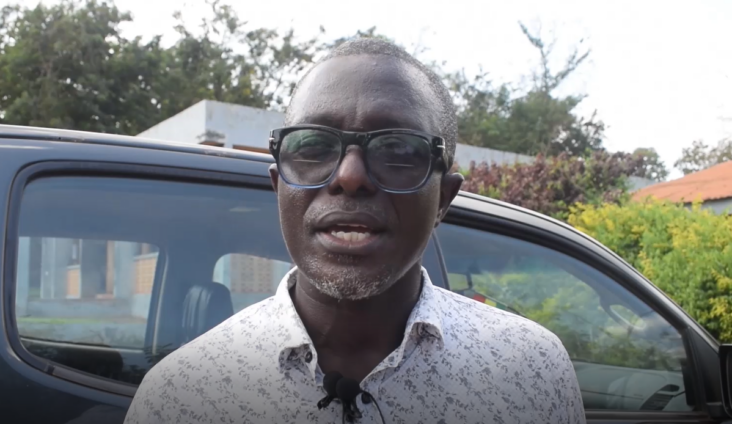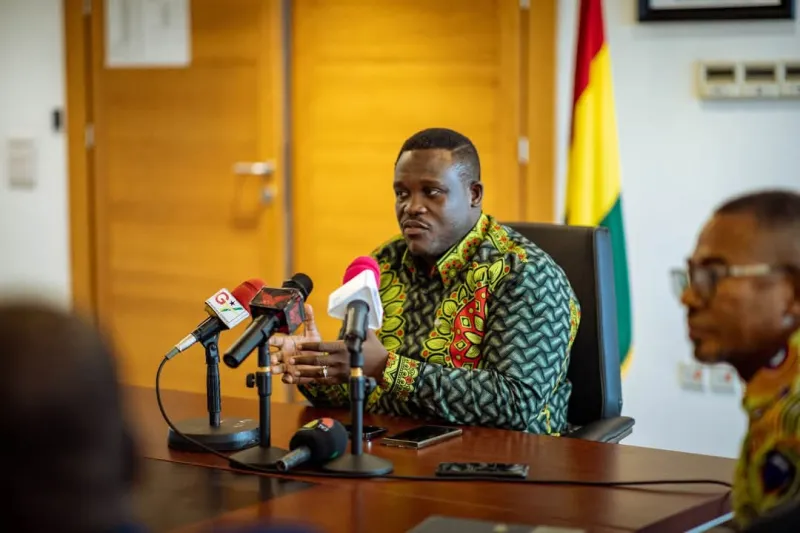Ghana has issued a strong call for renewed commitment and incremental reforms within the global diamond trade, urging members of the Kimberley Process (KP) to modernise the definition of conflict diamonds and to respond more effectively to the evolving challenges facing diamond-producing communities.
Delivering Ghana’s statement at the Kimberley Process Ministerial Meeting in Dubai, the Chief Executive Officer of the Ghana Gold Board (GOLDBOD), Sammy Gyamfi, stressed that although the KP remains one of the world’s most successful multilateral mechanisms, its mandate risks losing relevance if reforms continue to stall.
He noted that while overt armed conflict in many diamond-producing regions has declined, countless communities still endure “the violence of exploitation, dispossession and exclusion,” adding that modern forms of conflict extend beyond traditional battlefields.
According to him, the various proposals before the KP to redefine “conflict diamonds” reflect a shared desire among member states to protect vulnerable populations and safeguard the credibility of the global certification system.
What is needed now, he said, is decisive collective action.
“Consensus is at the heart of the Kimberley Process,” he stated, “but consensus must be a path to progress, not a recipe for paralysis.”
He cautioned that the inability to agree on proposed reforms risks diminishing the moral authority and relevance of the KP.
Calling for a pragmatic approach, Mr Gyamfi urged participating countries to focus on common ground, listen to one another, and pursue reforms, however modest, that strengthen the integrity of the diamond supply chain while protecting legitimate trade.
He appealed to delegates not to allow “the quest for perfection to become the enemy of meaningful incremental reform,” adding that history must record that this meeting chose renewal and cooperation over stagnation and narrow interests.
Ghana reaffirmed its readiness to work with all member states to ensure that the Kimberley Process continues to evolve in a way that protects communities, promotes ethical trade, and responds to modern challenges in the global diamond industry.
Source: Myxyzonline.com





